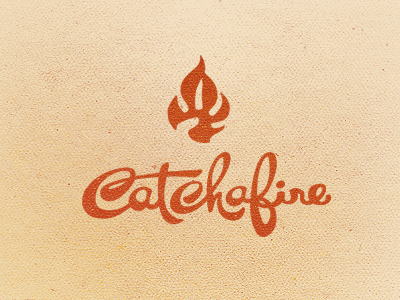Why do you want to work for Amicus?
Amicus serves as a platform where non-profits can efficiently decrease time searching for potential fundraisers and increase the results. It’s is a tool that takes away hours of hassle, so non-for-profits can focus more time building their campaign. To work for this company would mean I wouldn’t be restricted to helping one niche of philanthropy, but helping an entire sector of relief efforts. It resonates well with me, because I could have the opportunity to not only help others, but also help myself. I can be involved with the community and learn about the issues that are negatively affecting people across the world. Where I can go to work, not just an employee, but as a global patron. Amicus is a place where I can truly work for issues bigger than myself. Just the possibility of working here is exciting. This is even beside the already fun vibe that is created from the job application; being an effective foreshadow of the office environment.





.jpg/200px-Slapstick(Vonnegut).jpg)



 Aldous Huxley is a man of tremendous logos. Mainly as a writer, scientist, artist, and theologian, he provides a suitable basis for the understanding of past art regarding the current state of ideological thought and prognosis.
Aldous Huxley is a man of tremendous logos. Mainly as a writer, scientist, artist, and theologian, he provides a suitable basis for the understanding of past art regarding the current state of ideological thought and prognosis.
